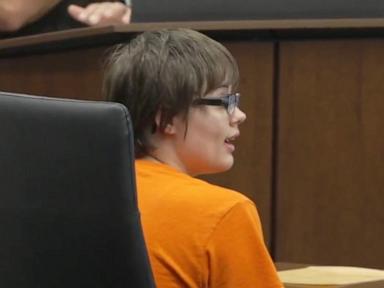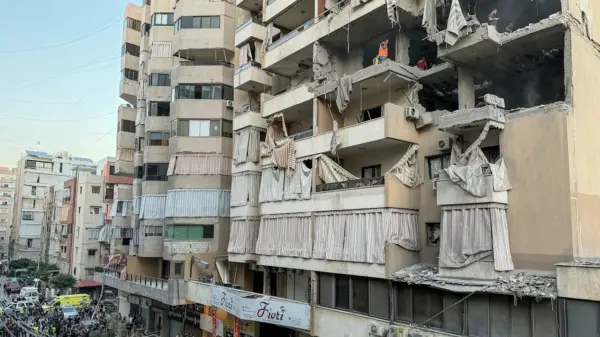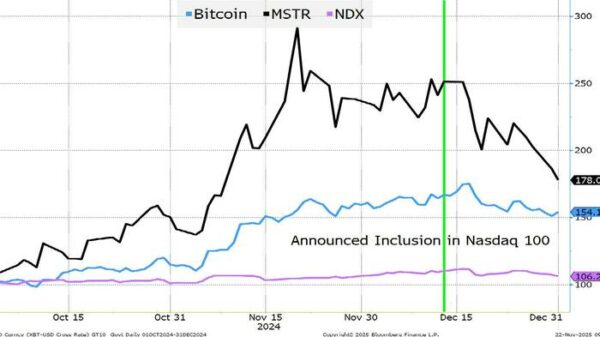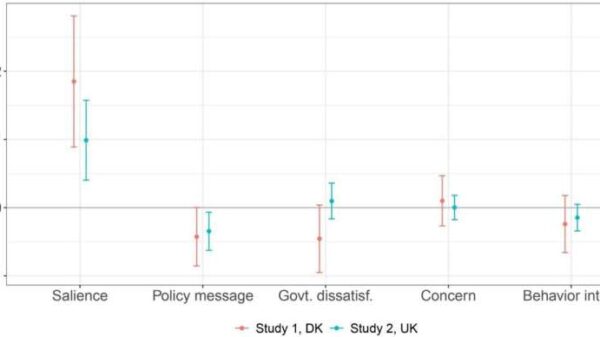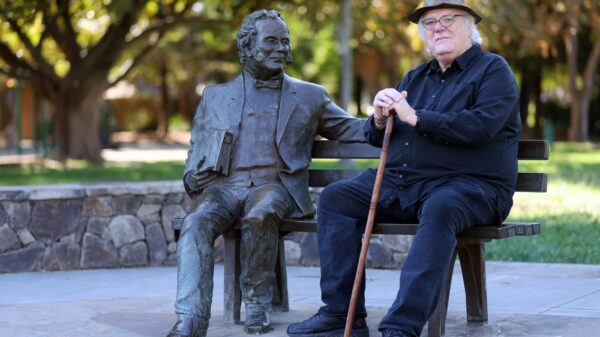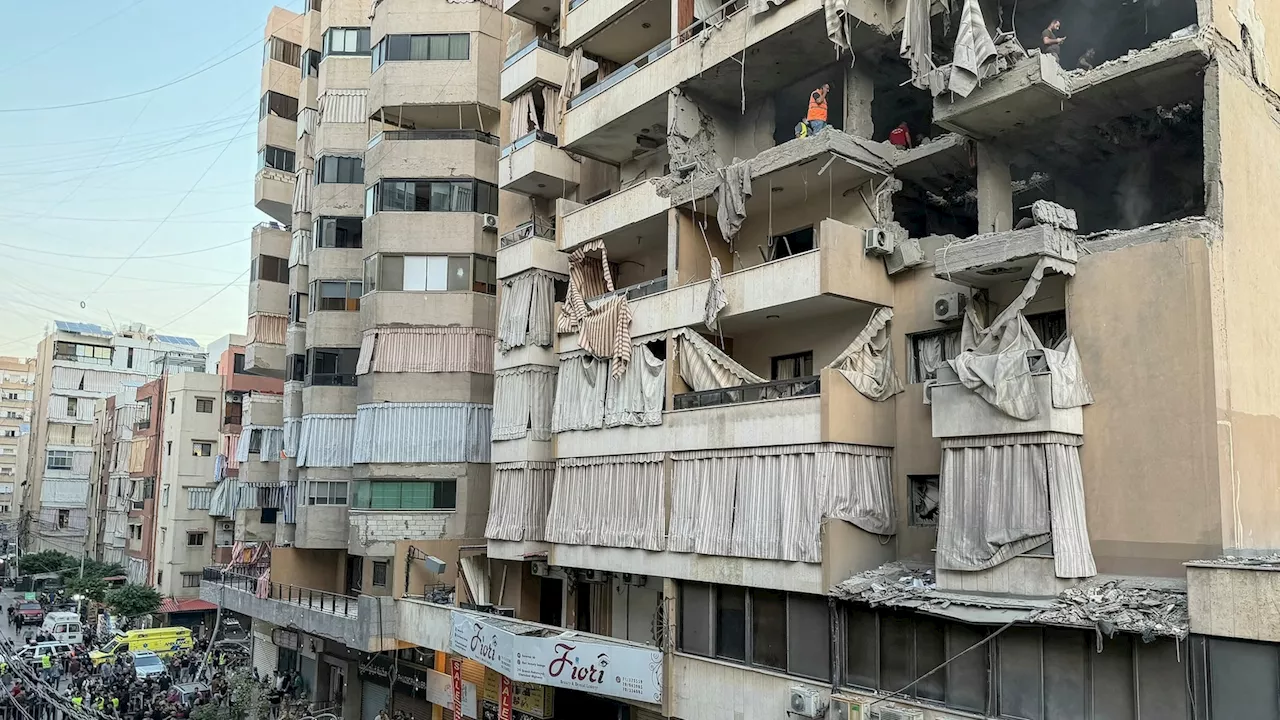Israeli airstrikes targeted a prominent Hezbollah leader in Beirut on November 23, 2025, resulting in significant casualties. The military action marked the first strike in the Lebanese capital in several months, as Israeli forces focused on eliminating threats they associate with the militant group. The attack claimed the life of Hezbollah’s Chief of Staff, Haitham Ali Tabataba’i, and left five others dead, with 28 injured, according to the Lebanese Health Ministry.
Lebanese President Joseph Aoun condemned the airstrike, describing it as further evidence of Israel’s disregard for international resolutions aimed at stabilizing the region. In a statement from his office, Aoun emphasized that Lebanon has adhered to a cessation of hostilities and has repeatedly called for international intervention to halt attacks on its territory. He stated, “Lebanon, which has adhered to the cessation of hostilities for nearly a year now… reiterates its call to the international community to assume its responsibility.”
Israeli Prime Minister Benjamin Netanyahu confirmed that the airstrike was intended to target Tabataba’i, who was described by the Israel Defense Forces (IDF) as instrumental in preparing Hezbollah’s units for potential conflict. The IDF’s statement indicated that Tabataba’i had worked extensively to restore readiness among Hezbollah forces.
Despite a ceasefire agreement signed with Hezbollah in November 2024, Israel has continued its military operations, targeting what it describes as Hezbollah positions in southern Lebanon. This ongoing conflict has raised tensions in the region, prompting fears of escalating violence. The IDF maintains a presence in five locations within southern Lebanon, indicating a sustained military engagement.
On the ground, workers began clearing the rubble from the site of the airstrike in the Haret Hreik neighborhood of Beirut, underscoring the impact of the conflict on civilian areas. The initially reported casualty figures were lower, with one death and 21 injuries, demonstrating the chaotic aftermath of the strike.
In Gaza, where a ceasefire appears to be holding, Israeli forces have pulled back to the so-called “yellow line.” However, violence flared last week, leading to renewed airstrikes that killed dozens of Palestinians in response to alleged ceasefire violations by Hamas. Reports indicate that three hostages remain deceased in Gaza, with Israel releasing Palestinian prisoners and the bodies of deceased detainees in exchange for the return of hostages’ remains.
As tensions persist and hostilities continue to erupt, the situation remains precarious. The international community faces pressure to address the ongoing conflict, with both Israeli and Lebanese leaders calling for urgent intervention to restore peace and stability in the region.


